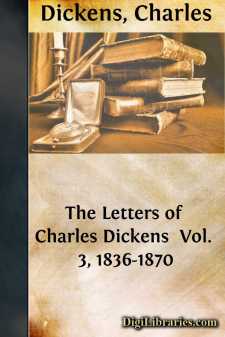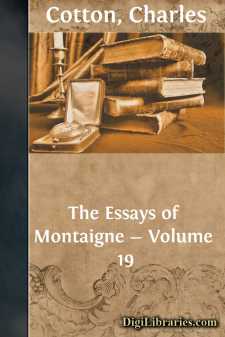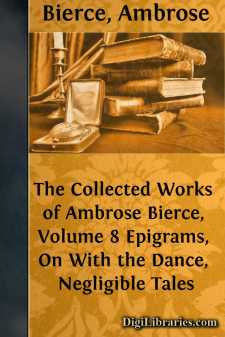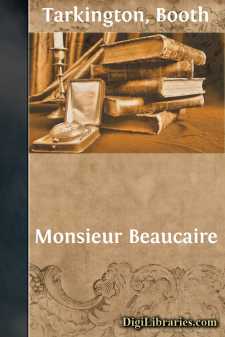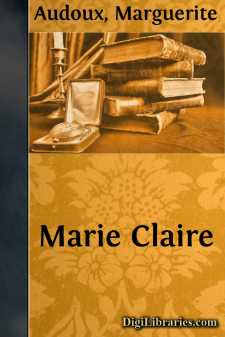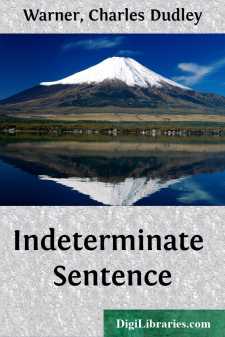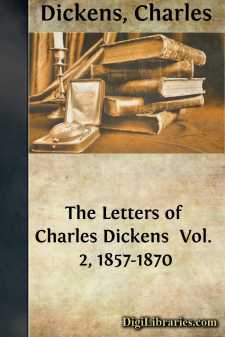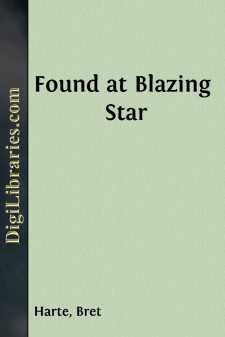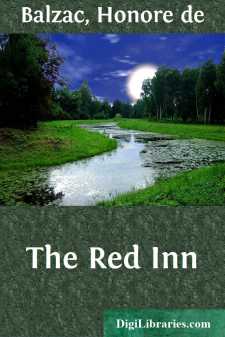Literary Collections
- American 84
- Ancient, Classical & Medieval 14
- Asian 1
- Australian & Oceanian 1
- Canadian 55
- Continental European 121
- English, Irish, Scottish, Welsh 179
- Essays 160
- General 24
- Letters 46
- Middle Eastern 1
Literary Collections Books
Sort by:
by:
Jonathan Swift
INTRODUCTION Swift has been styled the Prince of Journalists. Like most titles whose aim is to express in modern words the character and achievements of a man of a past age, this phrase is not of the happiest. Applied to so extraordinary a man as Jonathan Swift, it is both misleading and inadequate. At best it embodies but a half-truth. It belongs to that class of phrases which, in emphasizing a...
more...
by:
Charles Dickens
1836 to 1839.Mr. John Hullah. Furnival's Inn,Sunday Evening (1836)(?).My dear Hullah,Have you seen The Examiner? It is rather depreciatory of the opera; but, like all inveterate critiques against Braham, so well done that I cannot help laughing at it, for the life and soul of me. I have seen The Sunday Times, The Dispatch, and The Satirist, all of which blow their critic trumpets against unhappy...
more...
by:
Charles Cotton
There is no desire more natural than that of knowledge. We try all ways that can lead us to it; where reason is wanting, we therein employ experience, "Per varios usus artem experientia fecit, Exemplo monstrante viam," ["By various trials experience created art, example shewing the way."—Manilius, i. 59.]...
more...
by:
Ambrose Bierce
My name is John Brenwalter. My father, a drunkard, had a patent for an invention, for making coffee-berries out of clay; but he was an honest man and would not himself engage in the manufacture. He was, therefore, only moderately wealthy, his royalties from his really valuable invention bringing him hardly enough to pay his expenses of litigation with rogues guilty of infringement. So I lacked many...
more...
by:
Booth Tarkington
Chapter One The young Frenchman did very well what he had planned to do. His guess that the Duke would cheat proved good. As the unshod half-dozen figures that had been standing noiselessly in the entryway stole softly into the shadows of the chamber, he leaned across the table and smilingly plucked a card out of the big Englishman's sleeve. "Merci, M. le Duc!" he laughed, rising and...
more...
INTRODUCTION The origins of this extraordinary book are sufficiently curious and sufficiently interesting to be stated in detail. They go back to some ten years ago, when the author, after the rustic adventures which she describes in the following pages, had definitely settled in Paris as a working sempstress. The existence of a working sempstress in Paris, as elsewhere, is very hard; it usually means...
more...
The problem of dealing with the criminal class seems insolvable, and it undoubtedly is with present methods. It has never been attempted on a fully scientific basis, with due regard to the protection of society and to the interests of the criminal. It is purely an economic and educational problem, and must rest upon the same principles that govern in any successful industry, or in education, and that...
more...
by:
Charles Dickens
1857. NARRATIVE.Thiswas a very full year in many ways. In February, Charles Dickens obtained possession of Gad's Hill, and was able to turn workmen into it. In April he stayed, with his wife and sister-in-law, for a week or two at Wate's Hotel, Gravesend, to be at hand to superintend the beginning of his alterations of the house, and from thence we give a letter to Lord Carlisle. He removed...
more...
by:
Bret Harte
The rain had only ceased with the gray streaks of morning at Blazing Star, and the settlement awoke to a moral sense of cleanliness, and the finding of forgotten knives, tin cups, and smaller camp utensils, where the heavy showers had washed away the debris and dust heaps before the cabin doors. Indeed, it was recorded in Blazing Star that a fortunate early riser had once picked up on the highway a...
more...
by:
Honore de Balzac
THE RED INN In I know not what year a Parisian banker, who had very extensive commercial relations with Germany, was entertaining at dinner one of those friends whom men of business often make in the markets of the world through correspondence; a man hitherto personally unknown to him. This friend, the head of a rather important house in Nuremburg, was a stout worthy German, a man of taste and...
more...



